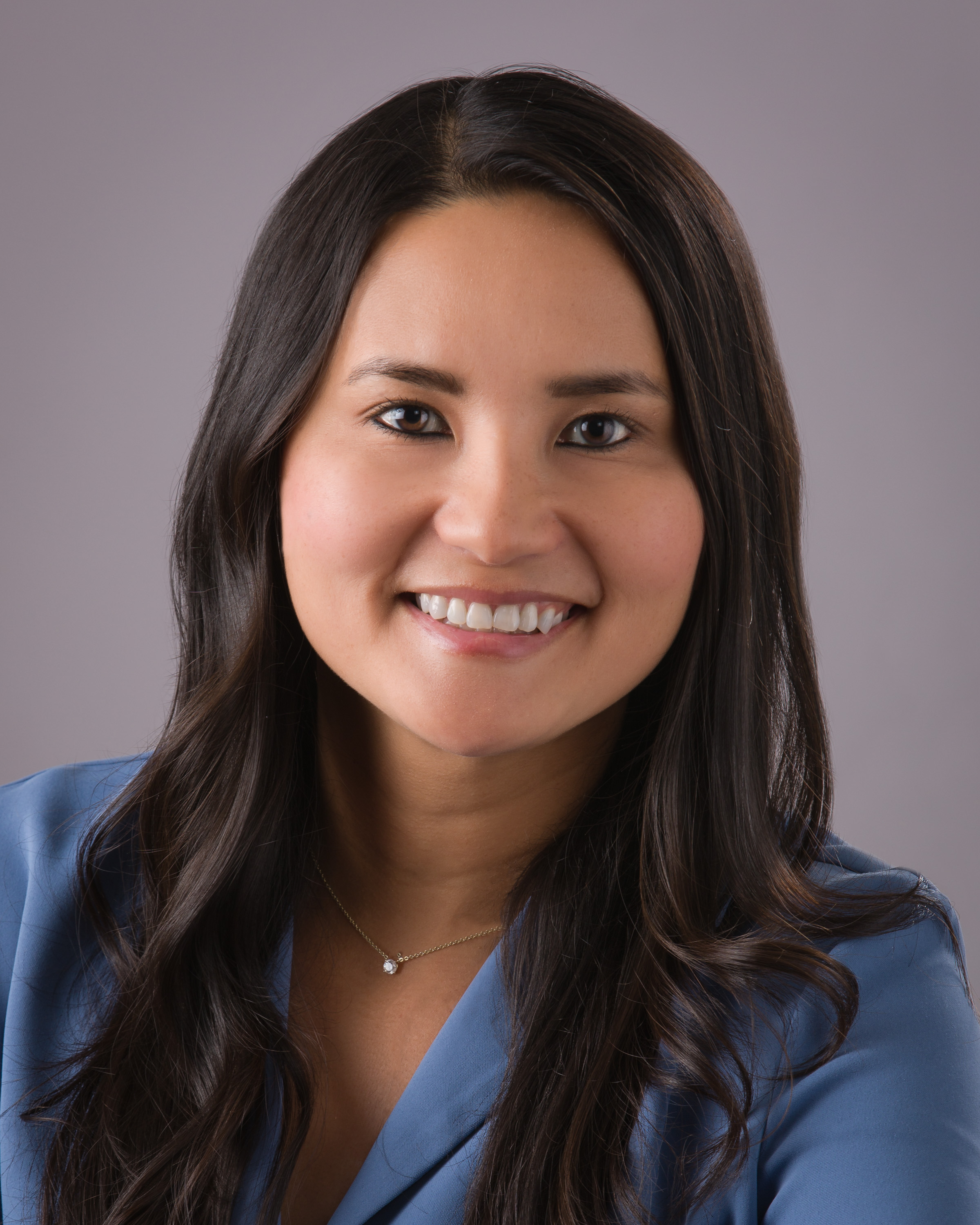Your surgeon plays a crucial role in breast cancer care — here’s why

Breast cancer surgeons serve as important partners in your treatment and recovery.
A breast cancer diagnosis changes your life.
There’s the reaction to the diagnosis, quickly followed by more tests, a treatment plan, then the ups and downs of treatment. Things happen fast because cancer is the most survivable when caught and treated early.
“One of the most important aspects of breast cancer care is clear and compassionate communication,” says Quynh Le, DO, a PeaceHealth breast surgical oncologist in Bellingham, Washington. “I want to be able to guide my patients through this challenging time and back to wellness.”
Many patients learn they have breast cancer after a mammogram shows the need for a closer look at their breast tissue. If that’s the case for you, the next step is to do a biopsy. This involves getting a sample of the tissue and having it tested in a lab. It’s usually done by a specialist called a radiologist. They will then share the results with your primary care provider.
If there are signs of cancer, your PCP or the radiologist may refer you to a cancer surgeon like Dr. Le. They serve an essential role because surgery is a common and effective treatment for breast cancer.
A team to guide you
When you start breast cancer treatment, a breast surgical oncologist often leads the team that carries out your care plan. At PeaceHealth, this may be the first breast cancer specialist you’ll work with.
“When I see a patient, they have a diagnosis and I become the person to guide them through their entire breast cancer treatment,” Dr. Le says. “I am like the captain of the ship.”
Surgery is usually the first step in breast cancer treatment. Chemotherapy and radiation therapy may be the next steps, if the patient needs it. Along with the surgeon, your team might include cancer doctors who specialize in these areas. Cancer nurses, physical therapists, social workers and other caregivers may round out the team, depending on your needs.
Breast surgical oncologists like Dr. Le are doctors who train in general surgery plus all aspects of care for breast cancer and noncancerous breast conditions. Dr. Le also has advanced training in oncoplastic surgery. This allows her to remove tumors and keep the natural shape of patients’ breasts.
Understanding breast cancer surgery
When she meets with a new breast cancer patient, Dr. Le makes sure to go over what their diagnosis means and to talk about what treatment strategies would be most effective.
In early stages, surgeons can remove just the cancerous cells and use techniques that conserve the remaining healthy breast tissue. This is called a lumpectomy. Sometimes, surgeons have to remove the whole breast. This is called a mastectomy.
The type of surgery you’ll have is based on your specific condition, personal preferences and your doctor’s recommendations.
Dr. Le encourages patients to understand their diagnosis, including the type and characteristics of the cancer. If you’re doing research on your own, she suggests sticking with authoritative sources such as:
If you have questions, don’t hesitate to ask your care team about unfamiliar terms or the practical aspects of what’s next, she adds.
For instance, it’s important to follow the instructions your team gives you before surgery. This may include things that can affect the timing of your procedure, like whether to eat or take your medications as usual.
It’s equally important to have a plan for your recovery after surgery, including support for daily activities like reaching or carrying things. You may have limited range of motion, pain or tenderness until your surgery site heals.
Your personal advocate
There’s a lot to consider with a breast cancer diagnosis, but you don’t have to navigate it on your own. Surgical oncologists like Dr. Le see themselves as partners and advocates for your health, from diagnosis through recovery.
“I approach all my interactions with my patients the way I would want to be treated,” she says. “I always want them to know we’re in this together.”
Quynh P. Le DO
Quynh Le, DO is a board-certified, fellowship-trained breast surgical oncologist at PeaceHealth in Bellingham.
Dr. Le completed her fellowship training in breast surgical oncology at the University of Southern California, with an emphasis on oncoplastic surgery during breast cancer management. She earned her medical degree from Pacific Northwest University of Health Sciences in Yakima, Washington. She completed her general surgery residency at Henry Ford Macomb Hospital in Clinton Township, Michigan. Before joining PeaceHealth, Dr. Le practiced at a major hospital in Seattle, Washington.
Dr. Le obtained her undergraduate degree in biochemistry from Washington State University in Pullman, Washington, where she continues to serve as an associate professor of the Washington State University Elson S. Floyd College of Medicine. She is an active member of the Society of Surgical Oncology and the American Society of Breast Surgeons, keeping current with new technologies and treatment practices and implementing them into her practice.
“I approach all my interactions with my patients the way I would want to be treated,” said Dr. Le about her philosophy of care. “I always want them to know we’re in this together and they’re not alone. Building a strong relationship and trust with my patients is important because my job is a critical first step in eliminating cancer and I want to be able to guide them through this scary and difficult time,” she said.
Dr. Le trained with world-renowned breast and plastic surgeons in oncoplastic surgery while at USC, allowing her to safely remove breast cancer while also providing an aesthetic outcome. She has presented and advised on developing pathways to treat high-risk breast cancer lesions. She also speaks Vietnamese.
In her free time, Dr. Le enjoys golf, snowboarding, cooking, knitting, surfing and traveling.






